Actually, this is going to be a brief post, short and sweet. I’ve had very mixed feelings about the whole Amazon/Hachette brouhaha, and I will admit to being a little intimidated about coming out with what I think. I mean, really, who am I? I’m a nobody. I will never be invited to an Amazon Campfire. I’m also not all that keen about getting blasted by people who disagree. This whole thing is so divisive, and people are so incredibly cowed, too. A lot of us are afraid of Amazon’s clout–which is laughable, considering. (Like we small fry matter.)
But here’s what I think: it’s one thing for a retailer to decide not to carry a particular product on its shelves. Shops do this all the time. I presume that publishers must agree to markdowns at Wal-Mart and Target. I have no trouble with that; it’s what free trade and capitalism are all about.
It is quite another when a retailer is also engaged in the same business it makes its mission to destroy. We all know that Amazon is a huge retailer with the clout and muscle to kill just about anyone in its path. Personally, I would hate for the world to boil down to a choice between Amazon and . . . something else (and James Patterson is spot on about that; where are the FTC and Justice Department when you need them?).
Here’s the problem: what Wal-Mart or Target or an independent bookseller does is about them being retailers–and that’s just fine because Wal-Mart, Target, and independent booksellers are not publishers. They are third-party vendors, period. Wal-Mart doesn’t have a Wal-Mart imprint; it doesn’t actively promote or foist its own authors on anyone. It’s not in the publishing biz.
But Amazon is–and that is a huge problem. In fact, I see it as a massive conflict of interest, and I’m surprised that neither the FTC or Justice Department have really talked about this–because they should. It’s not as if Hachette is also making decisions on whether or not to distribute other publishers’ books. Hachette is very clear: it’s in the business of publishing and selling its brands to third-party vendors–but they don’t maintain their own stores that disguise themselves as retailers.
Amazon’s goal appears to be to take over publishing as we know it and remake it in its/their/Bezos’s image–and that is cause for concern. People should be really worried about this. We are in the middle of watching the birth of a monopoly–and we should take steps to stop that because, in the end, we all lose: writers, readers, everyone. I know that a lot of self-pubbed folks see Amazon as a savior and boon, and I understand why. But think about this: if/when Amazon becomes the only game in town and your self-pubbed books don’t pass muster–if, for example, you don’t get some critical number of starred reviews so you’re not included on Book Bub or other lists–then where does that leave you?
Amazon needs to be stopped before it gobbles up everyone in its path. Unfortunately, consumers won’t do a thing about this. They don’t care; they really don’t. What they care about is the deal, the perception of having saved money, gotten a bargain, that kind of thing. (Amazon has already succeeded in setting value and price points. Because of Amazon, we all “agree” that work of such-and-such a length is worth only a certain amount. I read a comment someone made about one of my books in which the person grumbled because it wasn’t priced at $.299 and what gives?) If writers are expecting readers to engage in some sort of backlash . . . guess again. People don’t care that much. They may grumble if they can’t find the newest James Patterson, for example, but they’ll find it somewhere else…or they’ll simply go to the library or discover another writer and eventually, they’ll scratch their heads and say, “James Who?” But they won’t mount a campaign against Amazon. That will never happen–and soon the heavy hitters like Patterson and King and Roberts will go away because if their houses don’t agree to Amazon’s terms, they, like the majority of writers, will sink into the sea and be swallowed up to fight for scrum like the rest of us. People are not going to march or take to the streets on behalf of James Patterson, Stephen King, Nora Roberts, George R.R. Martin. They will cease to care, and when people don’t care anymore because they can’t see you or your work, you become a nobody. People will move on to someone else. You may think this implies an equal playing field and freedom of choice, but it does not.
This is the bottom line: Amazon is not your friend. No business is. Amazon is not into warm and fuzzy; they don’t give two hoots about finding great books to put into your hands. (Whereas your local librarian, your independent bookseller–they do. They honestly do. Librarians are some of the most passionate advocates your kids will ever have the great fortune to meet.) Amazon is not about enhancing your pleasure in reading; it is about selling its products so you stock your virtual shelves with what it decides to sell you. Amazon is not in the business of promoting literature. No publisher is, really; all publishing houses have to be about the bottom line, or they don’t survive. Yes, of course, there are editors who care passionately, and I’ve had the good luck of having both editors and publishers who are about the book. But there is a clear difference between Amazon as Wal-Mart and Amazon as Hachette or Randy Penguins or Scholastic–and people need to wake up to that reality before Amazon is the only game in town.
Like every other business, Amazon is about limiting access. In other words, it decides what it’s going to stock on its shelves. In this case, however, and because Amazon is so huge and its shelf space seemingly so unlimited because it is a) all virtual and b) limited only by the availability and willingness of third-party resellers/vendors to play along with its demands, this is also disguised as egalitarianism. Amazon wants you to think that the sky’s the limit; that, with them, you have everything and anything. If you take a step back and think about this in . . . oh, let’s say, political terms or–even more simply–a brick and mortar model, then what is happening here is that Amazon wants and is on track to be the only political party or store in town. It may be a HUGE political party with a gazillion candidates, or a very LARGE store with miles of shelves, but the umbrella would be Amazon and the illusion would be that there is choice. There is, but only within the umbrella of Amazon (and again, this is no different than walking into the world of Wal-Mart or Target or any other store). The problem is when it’s the only store on the planet. Now try to find something you “want” in all those billions of miles of shelves. It will be impossible, so the only recourse is that what’s sold is what Amazon decides to put up front and center for you to see. Again, this is like any other business. What you should be concerned about is the day when Amazon becomes the only business, the only storefront, the only access-point.
Amazon is not evil. But Amazon succeeds because it is ruthless and counts on people not to care so long as they are happy enough, satisfied enough, and their bellies are full–and believe it or not, that’s worse. Go read 1984 if you’ve any doubts.







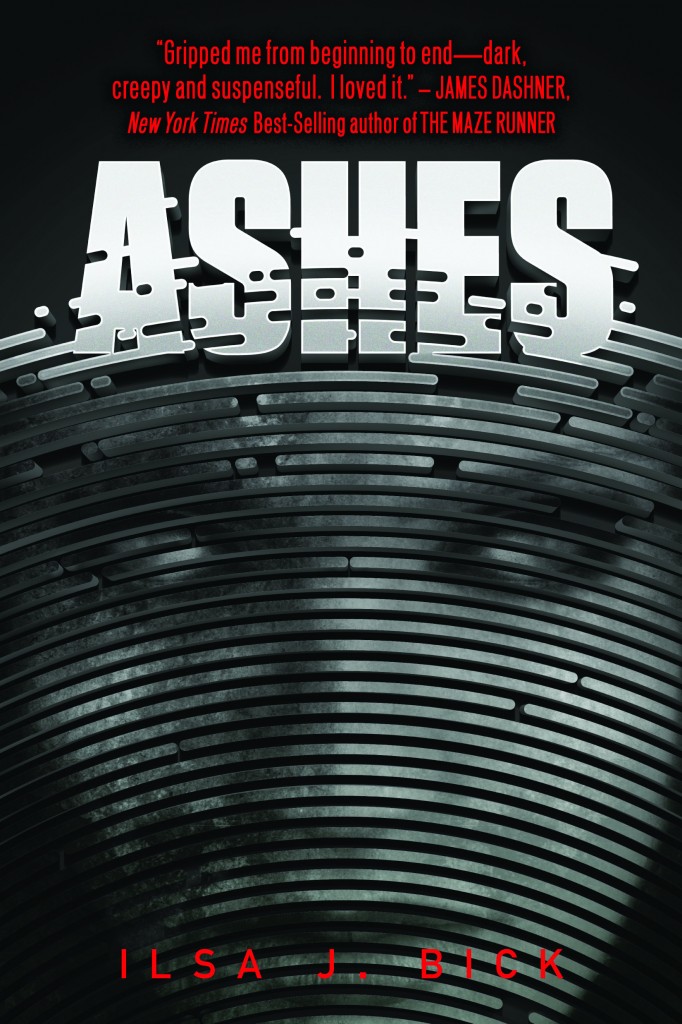
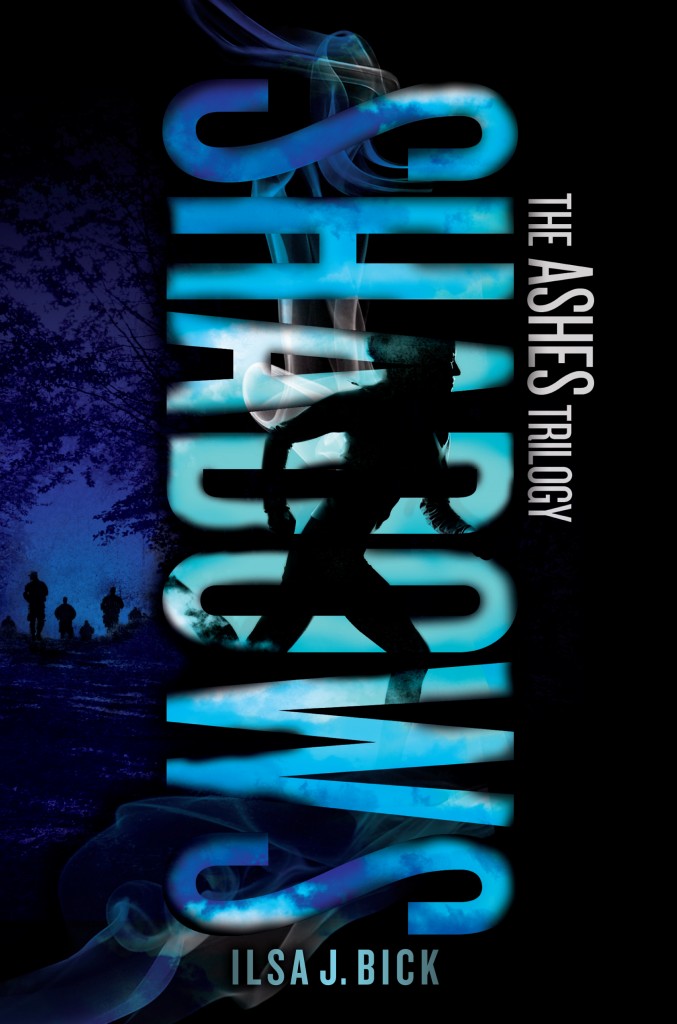
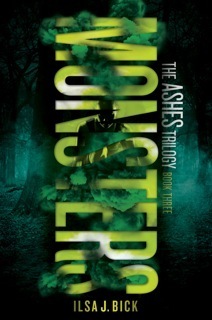

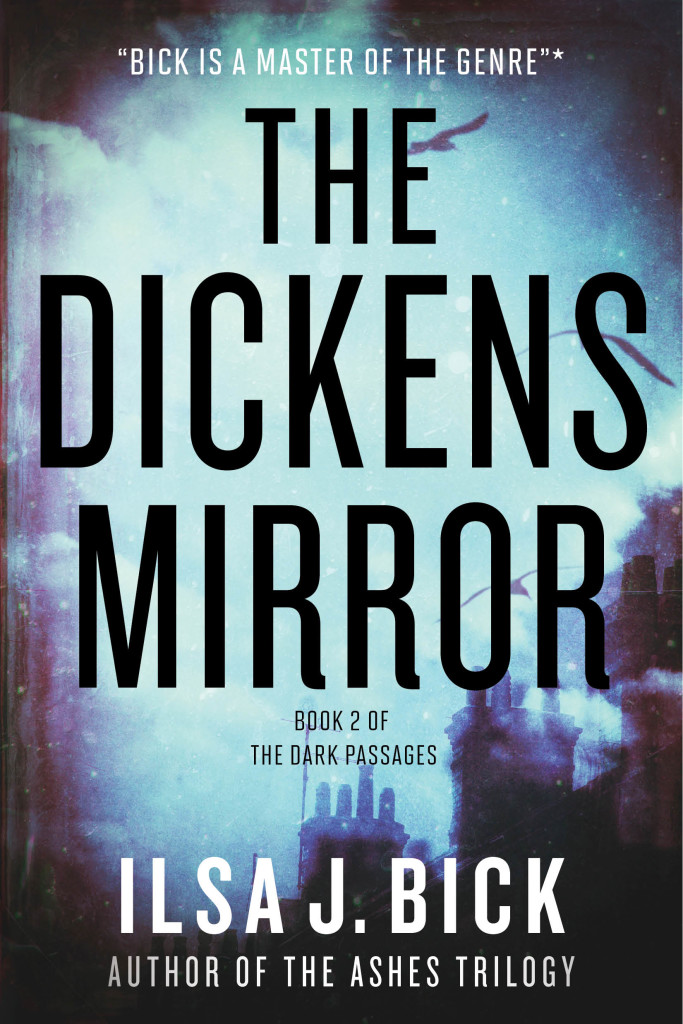
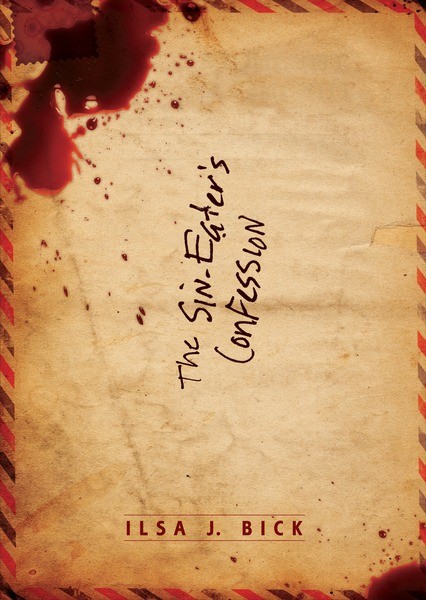
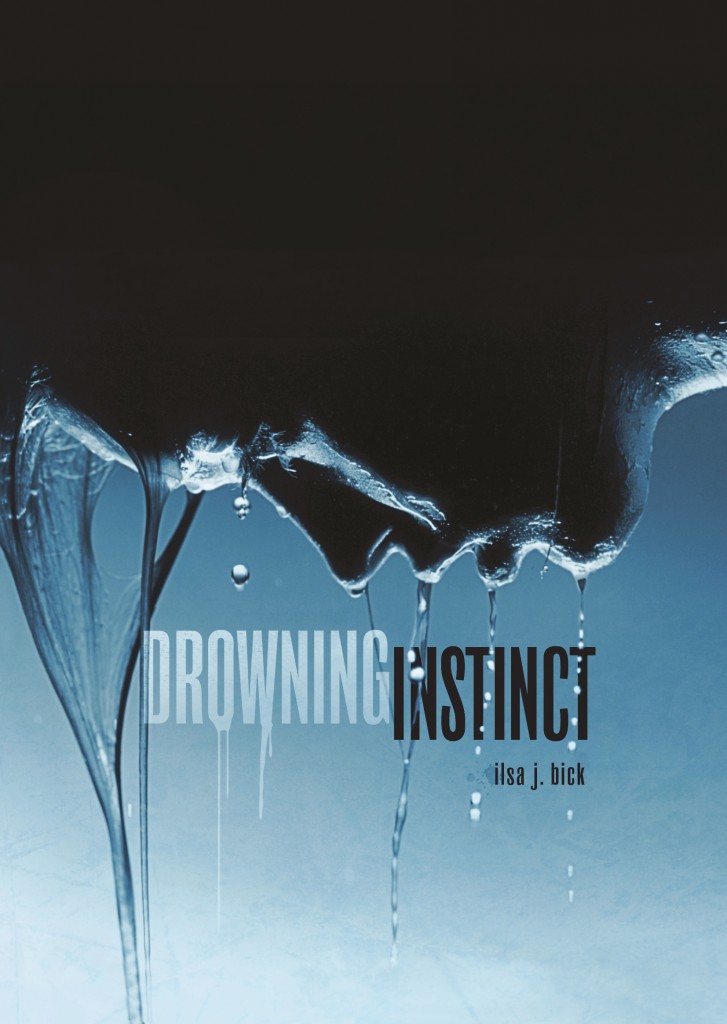
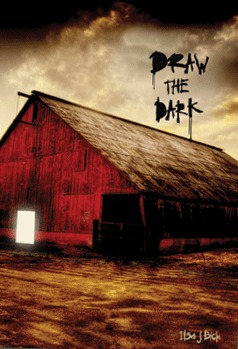



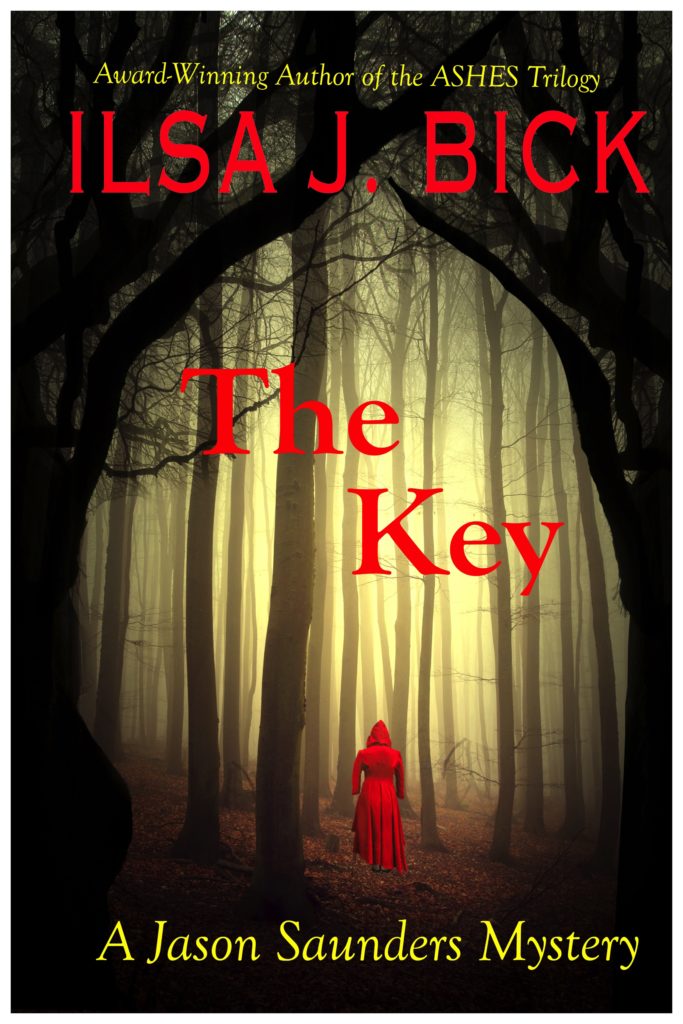
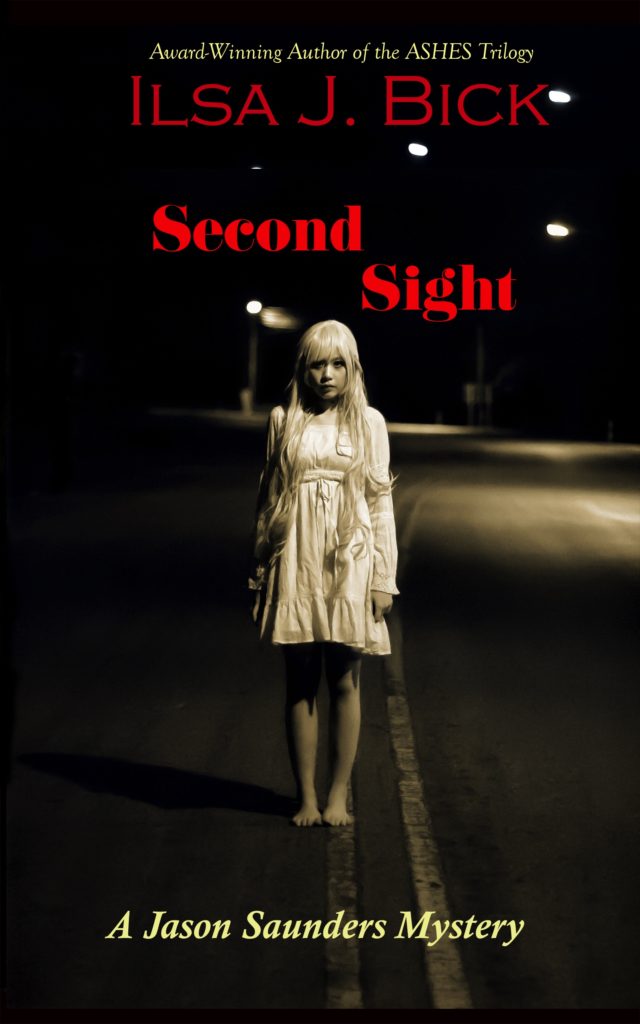
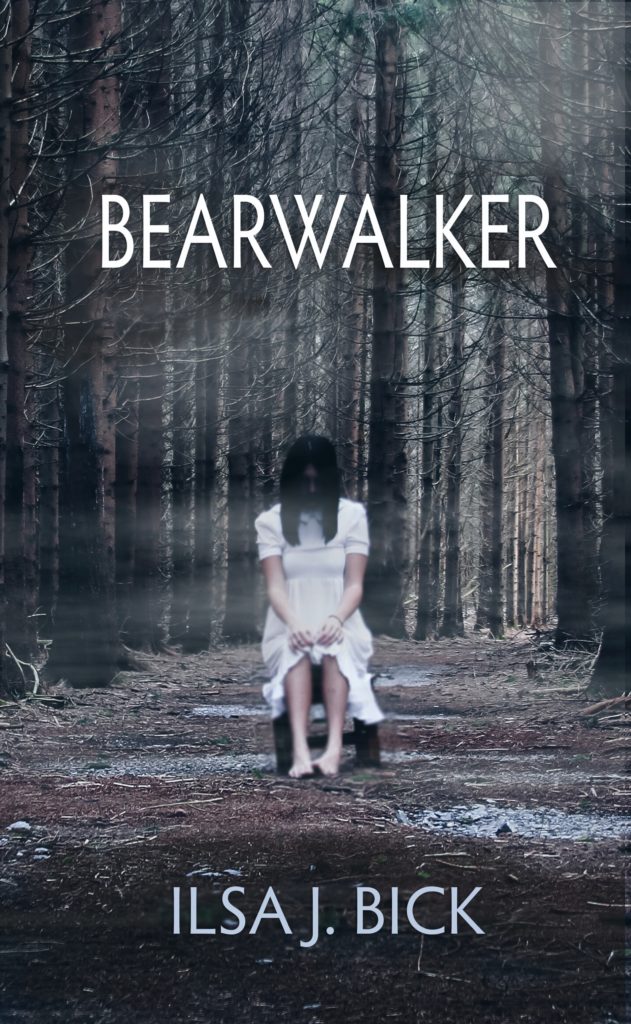
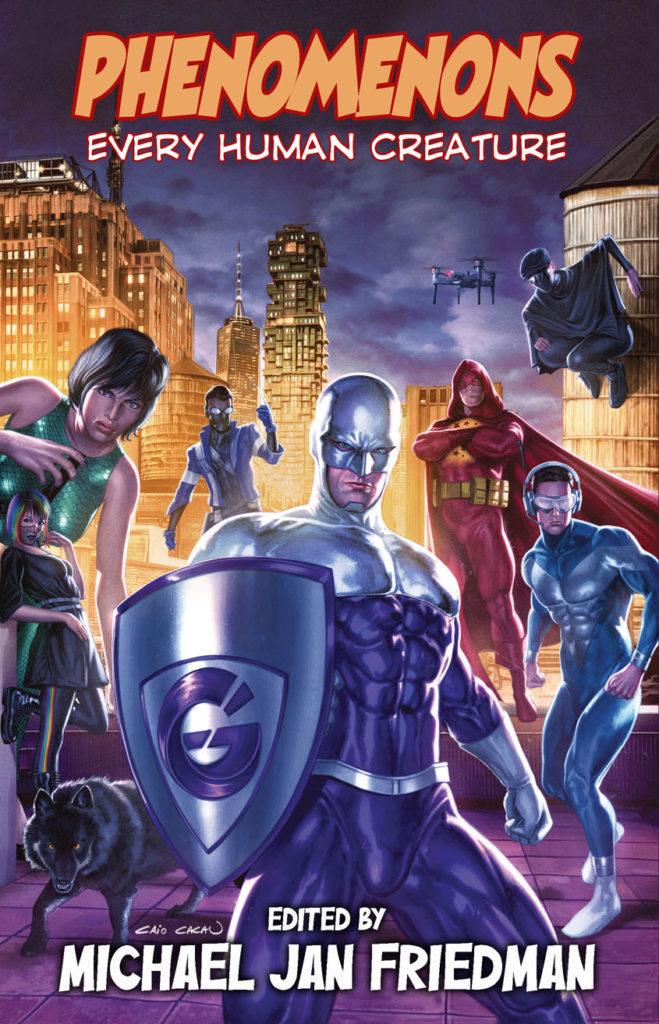
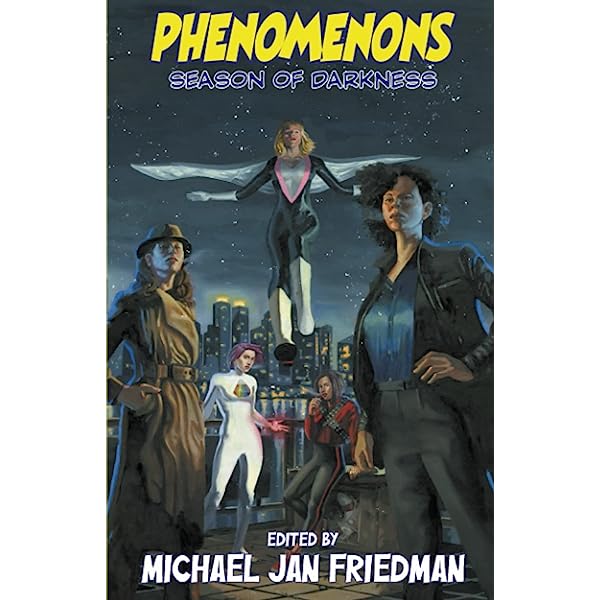

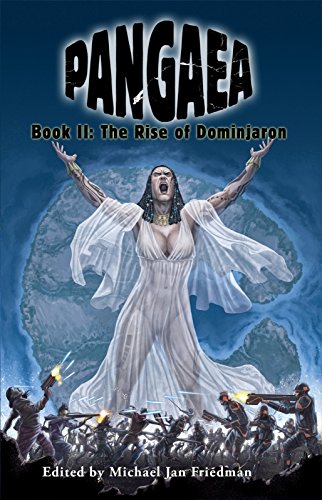



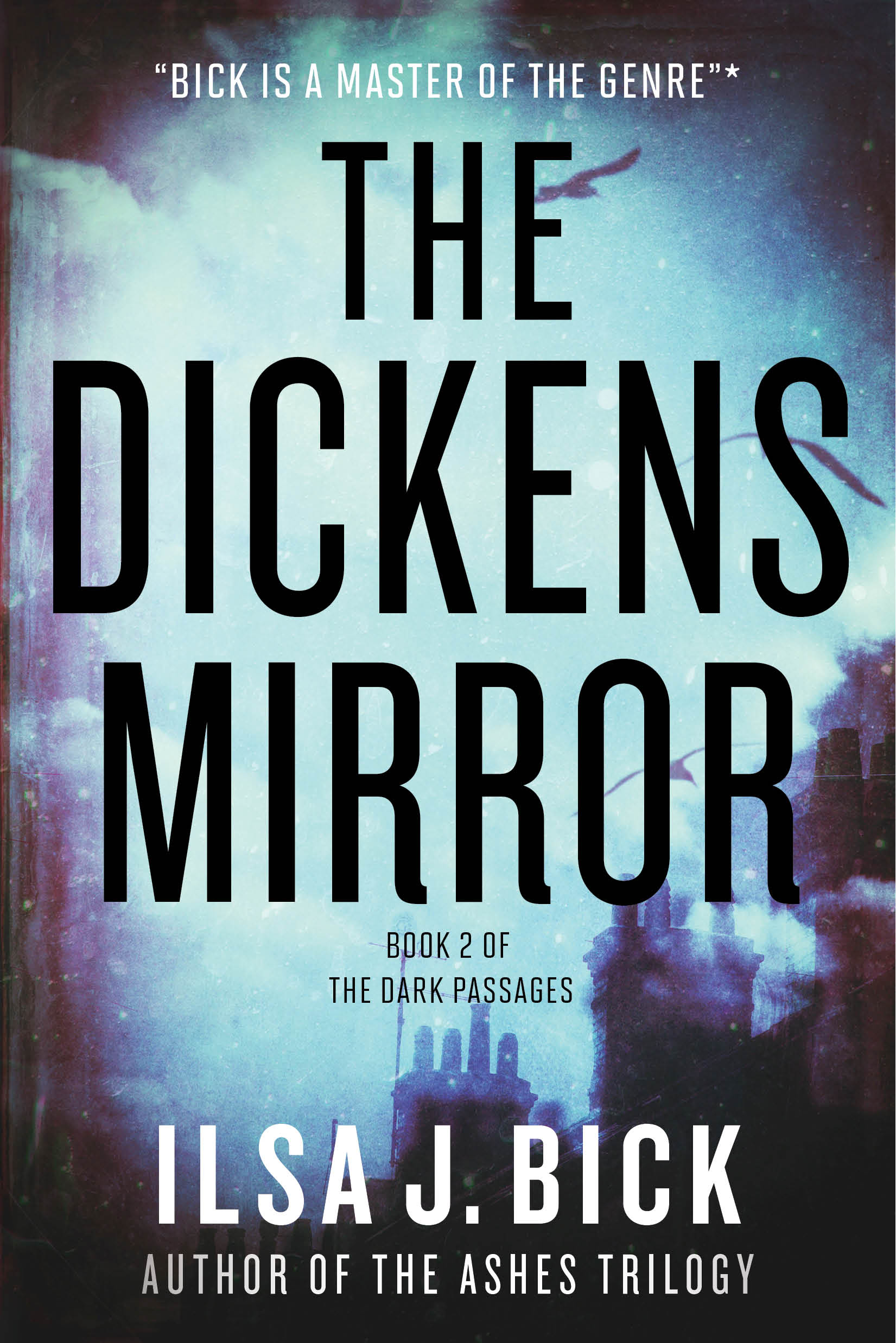
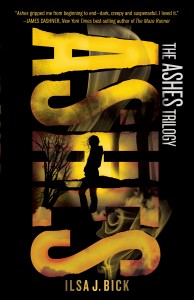
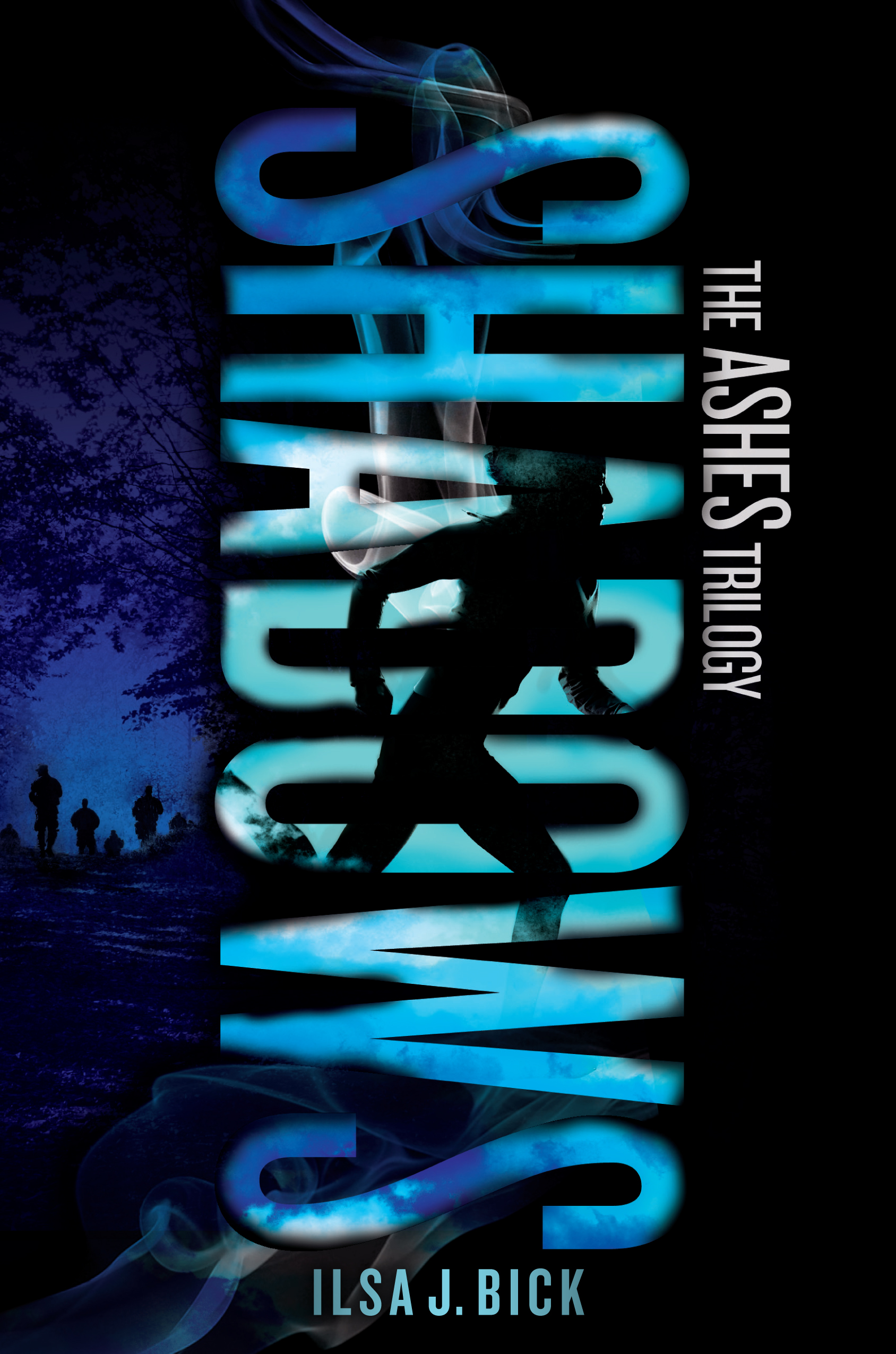
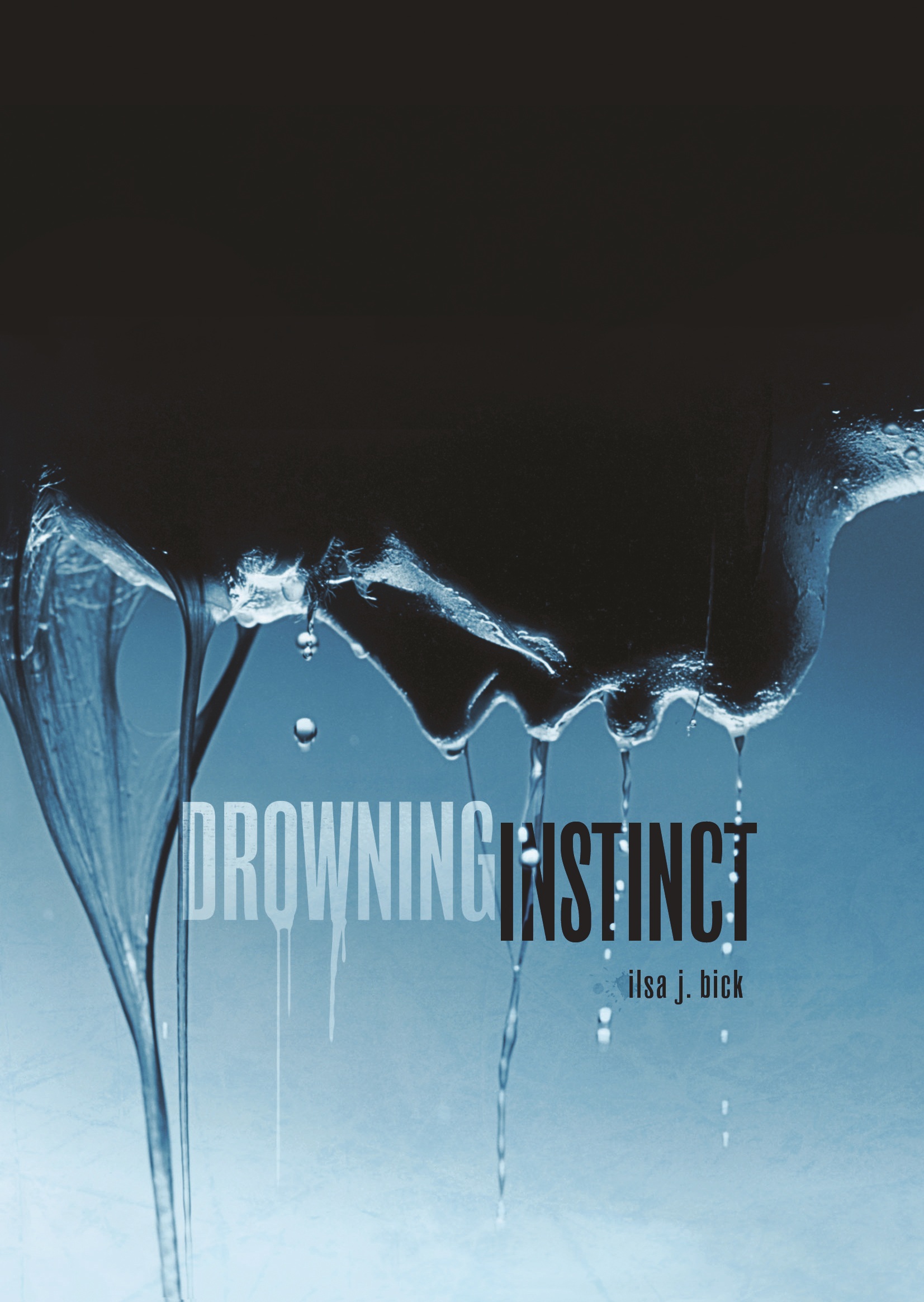

Hello IIsa!
I just wanted to say I enjoyed reading “Drowning Instinct”. The story was very believable and kept my interest to the end. I never read a student/teacher taboo romance story before, that’s just not my interest. I must say however that your story put me right there in the classroom with Jenna. I felt her insecurities in a new school and the “whispers trailing like bad odors”.
Thought you should know that I heard about your work on a blog (Maryses Book Blog). She gave a good review without any spoilers. To get my attention an ad has only a few seconds to catch my interest. Her Blog and way of posting kept me reading about your work so I decided to buy it.
I’m a fan now and will read more or your work.
Also I read your thoughts about the Amazon/Hachette thing and have mixed feelings. I want to write myself and would love to put something out that people cared to read. If Amazon helped publish…Great, but as you stated, If they are the only game in town, what happens when they tell me to find 15 Maryses like blogs and keep up 4 or 5 star reviews then we talk….
Last….the unplugging. I want to do the same because my cable company gave me several discounts over a two year period so I’ve gotten accustomed to having premium channels. They took away the discount and replaced it with a premium monthly bill. Before the end of the year I will threaten to cancel unless they can cut the cost somehow. My experience in these matters is a veteran customer support person will work out something to keep me happy, and paying. A newbie customer support will say “sorry to see you go”, So when I make my pitch, I will be ready to unplug, just in case.
Well, you’re welcome, Darnell…on all counts. The one thing I would add/suggest about your unplugging: of course, your cable company will try to cut you a deal. They did that to me: all of a sudden offered a package they wouldn’t normally (for me, it was sports) that brought the bill down a hundred bucks. But you need to think–again–about all the other content you’re paying for that you don’t/won’t use and then wonder why they wouldn’t try to cut your bill even before that. Cable’s a dying business, and they know it. I wouldn’t necessarily threaten either. I didn’t. I just said I was cancelling and then they asked why and then tried to make the deal. When you threaten, people get all uppity and defensive. But just telling them that you’re too damned expensive and I want to cancel…that seems to trigger some response. Just a suggestion, though. Good luck with whatever you do.
Hey Ilsa! Being with an Independent Bookstore, I have some VERY strong opinions of Amazon and their tactics. But I had those strong opinions before the whole Hachette explosion. I also do educational sales and it breaks my heart when A:) Schools call me and have to strike a bargain using Amazon as their bargaining chip. My teachers don’t want to use them – they prefer our store – but the district is looking at the bottom SHORT TERM line. Not the long term of taxes, etc. B:) Schools are getting rid of librarians due to budget cuts (see above point about that!) and I know those kids will hear all about the new John Green….but will they hear about the debut of author XXX that will blow their literary minds, if they can only get their hands on the book! Amazon cannot look a teen in the face, hear them say “I don’t like to read” and proceed to pull out of them their interests and have a chance of finding the right book to transport them to another world. I can! Our staff can! There is nothing like it! Nothing like having them come back later and tell us they need everything that is like the other book so they can read it all! My kids will always have good books and selections but not every kid will. When Amazon is the only game in town, well….my heart will break that much more for literature and our society. 1984 is a great suggestion but let’s not forget Fahrenheit 451. What is not approved will go up in flames and so will any chance we have of moving forward and becoming better people.
Yup. I know, Stephanie. Kills me to think about that day–and it feels like it’s coming, too. I’m not so sure about the going up in flames part, but the idea of Big Brother deciding what it’s okay for you to read . . . that’s scary.